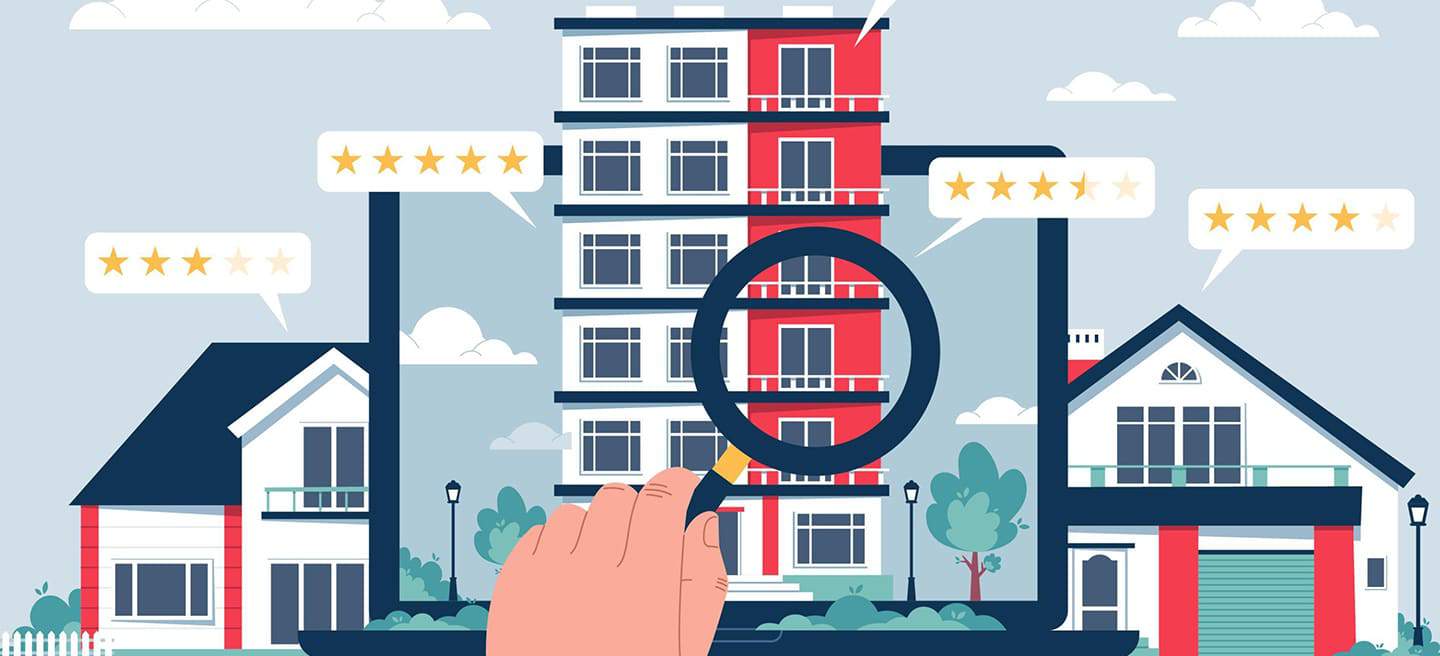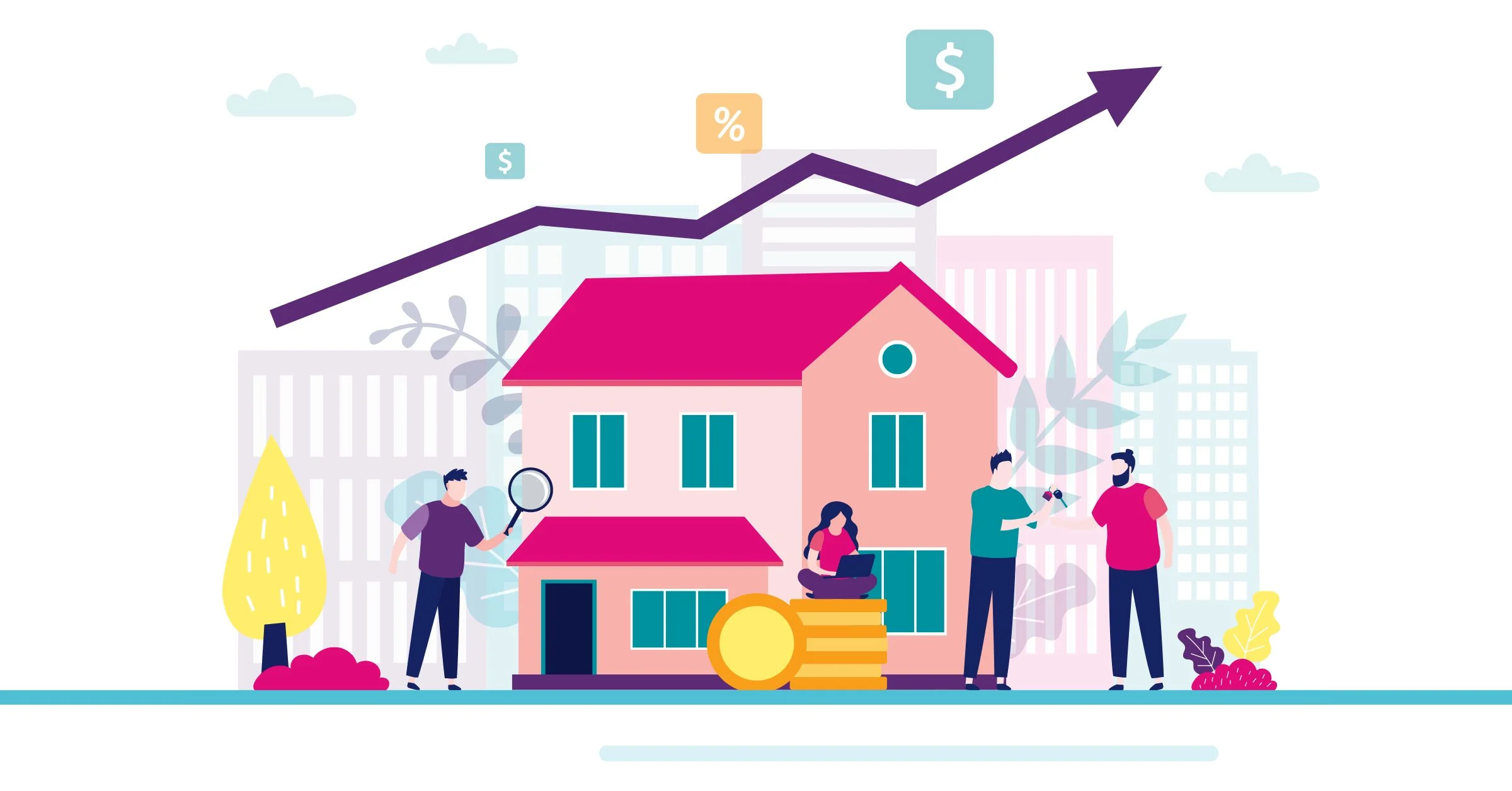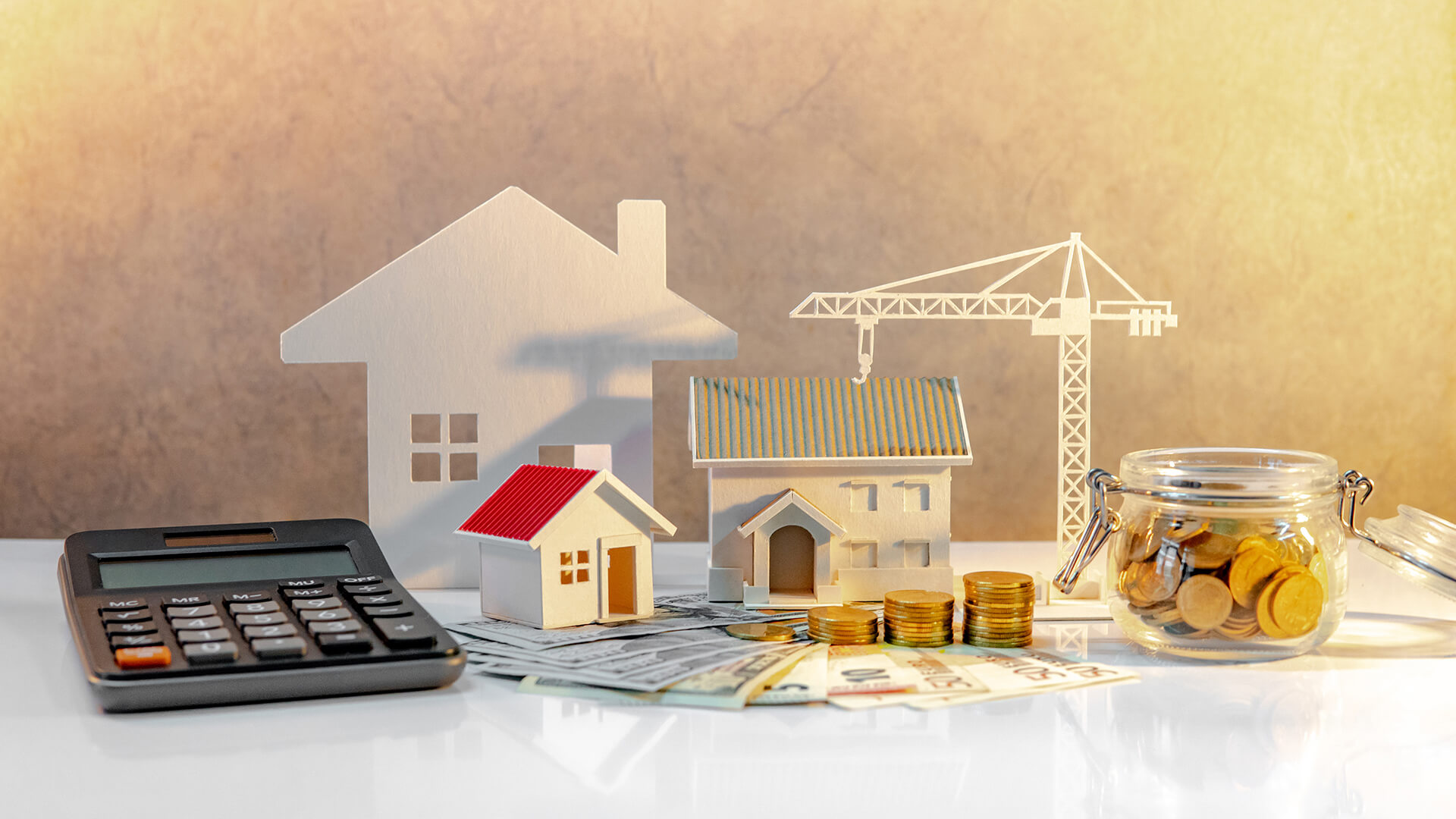10 Tips for First-Time Homebuyers
The journey to homeownership is exciting but also a bit daunting, especially for first-time homebuyers. Not only is it a considerable financial commitment, but the real estate market can be overwhelming to navigate.
There are different factors to consider and big decisions to make along the way. Fortunately, there is a way to make the experience less stressful and more enjoyable. Here are ten tips that first-time homebuyers will find to be helpful.

Set a Realistic Budget
Before you start looking for a house, make sure you know how much you can afford to spend on a home. Draft a budget that won't compromise your financial health. Ensure it doesn't only include the purchase price or down payment but also other expenses such as real estate taxes and closing fees. If you're taking a loan, you should calculate how much you can spare a month without endangering your lifestyle.
Find a Dependable Realtor
Working with a knowledgeable, reputable, and reliable realtor can make a whole world of difference. They assist you in finding properties suitable to your budget that match your criteria. They can also help you steer through different processes, such as negotiations and closing. Last but not least, they can introduce new investment options, such as real estate tokenisation or Decentralised Autonomous Organisations (DAOs), which offer individuals the opportunity to acquire fractional or complete ownership via digitised tokens on a blockchain network.
Identify Your Priorities
Sit down with your family and make a list of must-haves and deal-breakers. Focus on the most essential features of your lifestyle, safety, and comfort. It can be the number of bedrooms, nearby schools, location, proximity to public transportation, particular amenities, etc. Having a clear idea of what you want and need will allow you to narrow your options and simplify decision-making.
Explore Neighbourhoods
Explore the different areas that suit your preferences and lifestyle. Consider factors like schools, greenspaces, public amenities (post offices, libraries, supermarkets, etc), and proximity to your workplace. Learn about the local events and speak with residents to gain knowledge about the community you'll be potentially joining.
Get a Property Inspection
Just because a house or flat looks good doesn't mean it's structurally sound. Before purchasing a property take the time to have it thoroughly inspected by a respectable inspector. Have them conduct a four-point (roofing, plumbing, electrical, and HVAC) examination to learn the exact condition of the real estate. Faulty piping or wiring can be a nightmare to fix or replace. The same applies to roofs and climate control systems. If any significant issues are discovered, move to the next home on your list, as you're risking spending your savings in a money pit.
Mortgage Research and Pre-Approval
There are several kinds of mortgages available to homeowners. These are the most commonly used:
- Fixed-rate – With this type of mortgage, the interest rate remains constant for a predefined period, typically from 15 to 30 years.
- Variable rate – The interest rate can change over time depending on the lender and bank's standard variety or base rate. In other words, the monthly fee may go up or down.
- Tracker mortgage – Interest rates are based on the central bank's base rate plus a fixed percentage for a pre-agreed period.
- Capped mortgage – A variable rate that can go up and down but is capped at a certain level. This kind of mortgage shields borrowers from considerable increases in interest rates.
- Discount mortgage – This mortgage offers a discount on the lender’s Standard Variable Rate (SVR) for a set period, usually two to three years. After that, the normal SVR is applied.
Now that you know more about the different types of mortgages, it’s time to get pre-approved. It’s a process in which banks or lenders evaluate the financial health of borrowers. It’s done to determine how much money they can lend without compromising their operations.
During the procedure, they’ll review your income, debts, credit history, and assets to assess your capability to repay the loan. Getting pre-approved for a mortgage shows sellers your readiness to buy.
Consider Homeowner Expenses
Owning a house or flat isn’t cheap. There are different costs that you must take a look at before deciding whether homeownership is up your alley. These expenses may include:
- Property taxes – Real estate taxes vary depending on the property’s value and location.
- Homeowners insurance – Lenders and banks require borrowers to have homeowners’ insurance that protects houses or flats from theft, fire, natural disasters, and damage.
- Utilities – As a property owner, it will fall on you to cover electricity, water, gas, cable, Internet, rubbish removal, and more costs.
Maintenance and repairs – Your duty will also be to handle the maintenance and repairs necessary to keep your home safe and structurally intact. The general rule is that a property’s annual upkeep equals 1-2% of its overall value.
Negotiate Intelligently
Don’t be scared to make offers below the demanded price. It’s especially true if the real estate has been on the market for a while. Negotiation is a vital skill when closing important deals. If it’s not your cup of tea, delegate the responsibility to your realtor. Being wise during this step may save you a lot of money.
Account for Closing Costs
Many underestimate these expenses or are so excited that they’re going to acquire the house they wanted that they forget about them. But the truth is that closing costs can surprise first-time buyers. These expenses may include real estate taxes, property insurance, legal fees, etc. They typically range from 2% to 5% of the home’s purchase price.
Think Long-Term
While it’s easy to concentrate on your immediate needs, thinking long-term is essential when buying real estate. Consider your plans. Are you planning to change jobs? Is your family going to grow? Getting a home that will cover your future needs will spare you a lot of headaches and sleepless nights.
Buying a home is an emotional rollercoaster. However, to make the best possible deal, you must remain pragmatic and take the time to gather all the information you need to make an educated decision. Patience is key to making the right investment.
kirsan.co.uk


.png)











